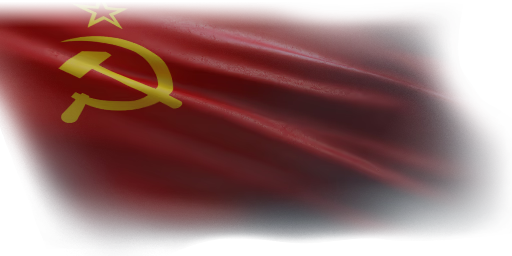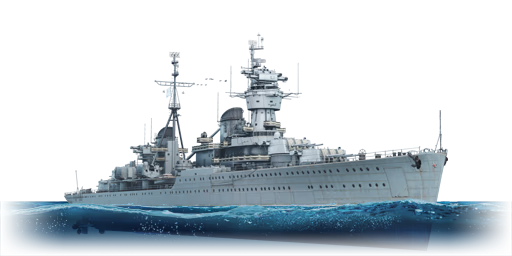The Chapayev was the lead ship of the Project 68 (Chapayev-class) light cruisers built for Soviet Navy in the 1940s, however the war delayed their construction. The Project 68 ships were to be built under the Stalin's "Big Fleet Programme" of 1936 as the backbone of Soviet light cruiser force, performing minelaying, shore bombardment, and commerce raiding. Unlike Project 26, 152 mm guns were chosen due to higher fire rate, and armour protection was also improved significantly. Chapayev was laid down on 8th October 1939 and commissioned on 16th May 1950. She served with the Northern Fleet until 1958 when she was reclassified as a training ship. Two years later, she was converted into floating barracks and sold for scrap four years later in 1964. During the towing, her hull ran aground near the village of Minkino in the Kola Bay. A Soviet and later Russian Marine Arctic Geological Exploration Expedition base was built around the partially buried hull.
Chapayev was introduced in Update 1.91 "Night Vision". Her armour protection is a significant improvement over the previous Project 26-class, as well as having guns with higher rate of fire, although at the cost of their penetration characteristics. Her anti-aircraft protection suite was also expanded, with twenty-eight 37 mm automatic V-11 cannon barrels as well as eight 100 mm dual purpose guns. Unlike Kirov, her magazines are closer to the waterline, making them more vulnerable to being hit and leading to fatal explosion. All the improvements on Chapayev came at a cost, losing the ship-launched aircraft found on Kirov, as well as torpedo tubes.














